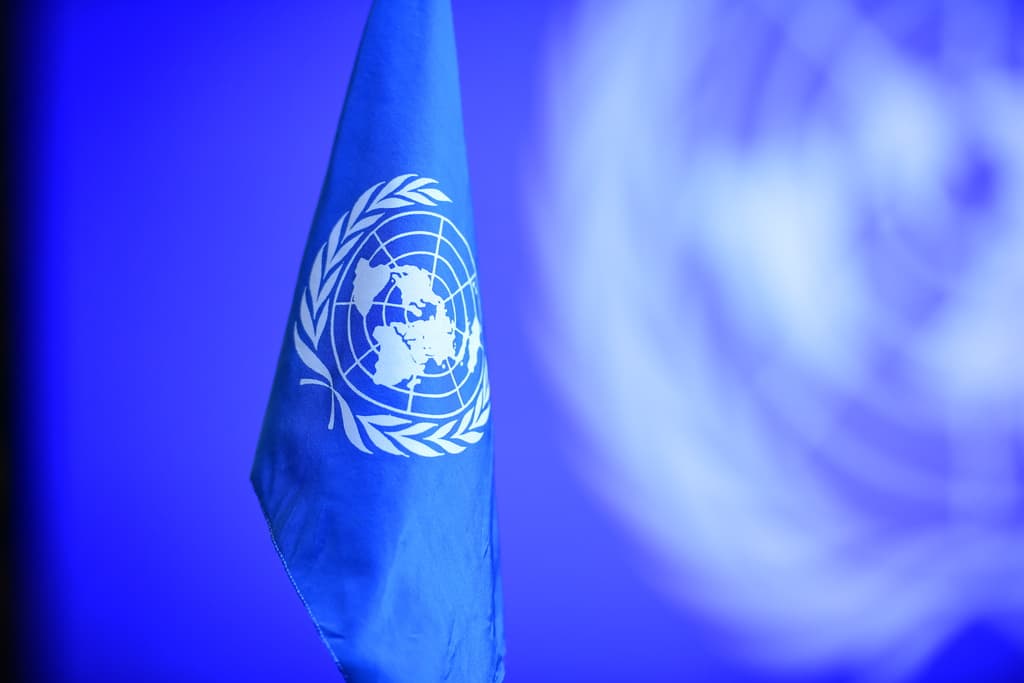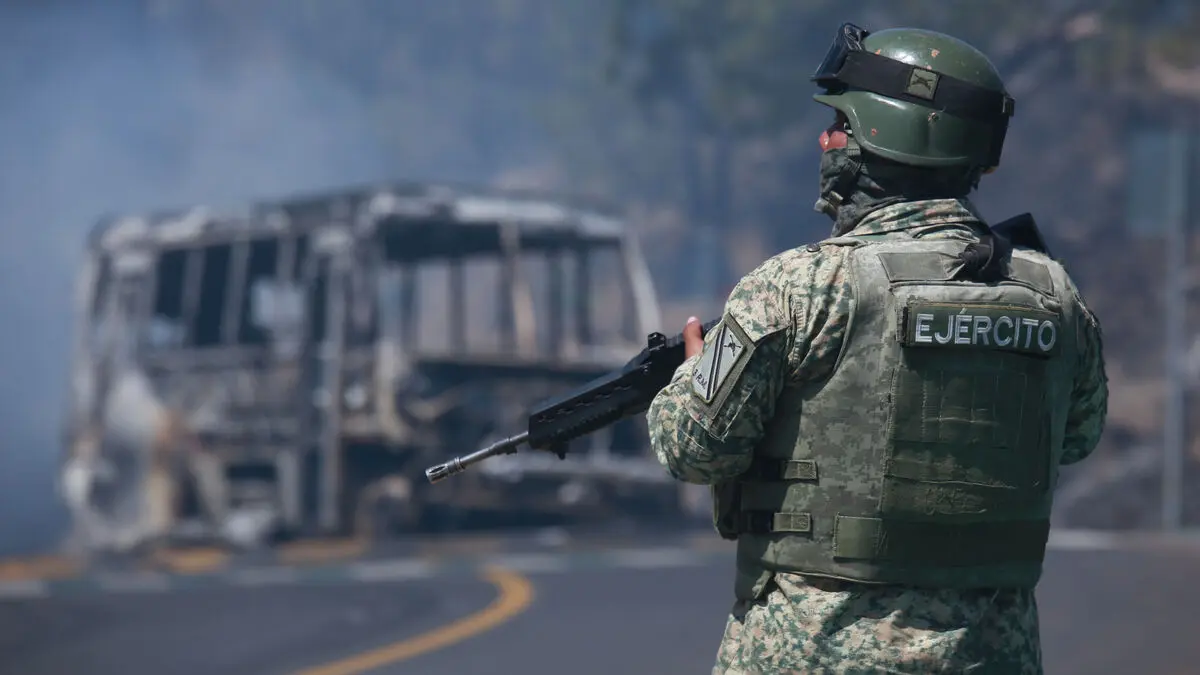After three years of negotiations, Faouzia Boumaiza Mebarki, Algerian diplomat and chair of the committee that drafted the proposal, announced that the UN Convention against Cybercrime has now been approved.
The committee was appointed following a Russian initiative in 2017 – despite American and European opposition.
The treaty, whose purpose is to "prevent and combat cybercrime more effectively", is now being submitted to the UN General Assembly for consideration. It will come into force after being ratified by 40 member states. The idea is that it will specifically focus on preventing child pornography and money laundering.
Much criticism
However, critics – an unusual combination of human rights activists and large tech companies – believe that the treaty could be used to monitor and suppress people on a global scale.
In particular, it is pointed out that a state, according to the treaty, can request electronic evidence related to a suspected crime from another country's authorities, and even request information from internet service providers, if the crime can be punished with at least four years' imprisonment in the country.
The treaty is in fact a legal instrument for oppression. It can be used against journalists, activists, LGBTQI people, free thinkers, and others across borders, says Deborah Brown from Human Rights Watch.
"Harmful"
Nick Ashton-Hart, who leads a delegation representing over 100 tech companies, including Meta and Microsoft, is urging member states not to ratify the convention.
The convention will be harmful to the digital environment in general and human rights in particular, everywhere it is adopted, he says.
Advertisement
At the same time, several nations, including Russia and Iran, have complained that the treaty contains too many safeguards for human rights.






